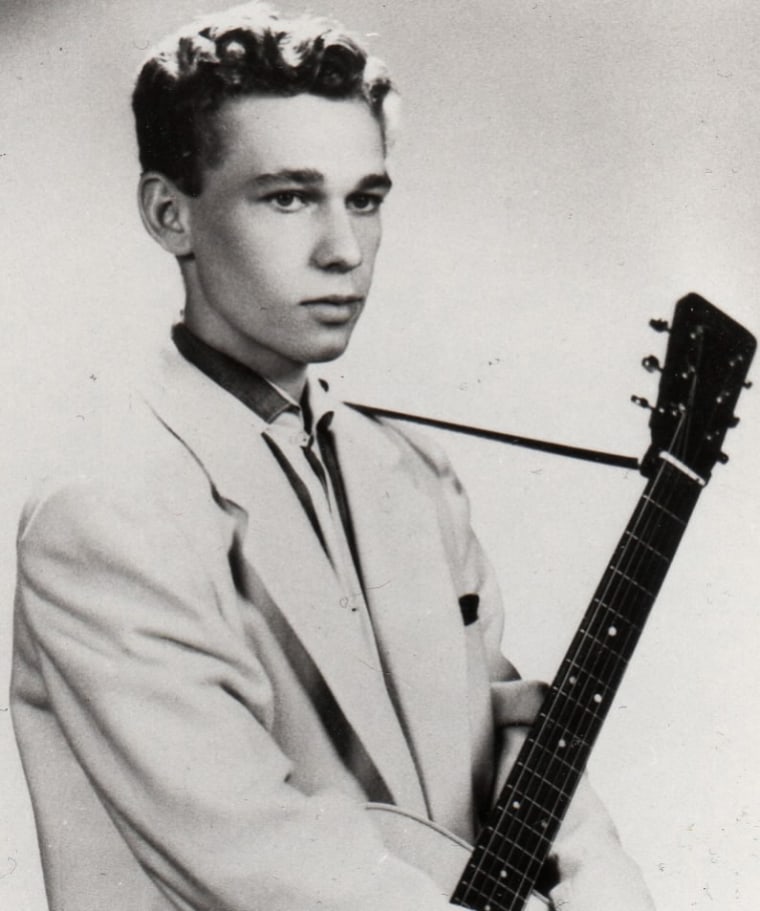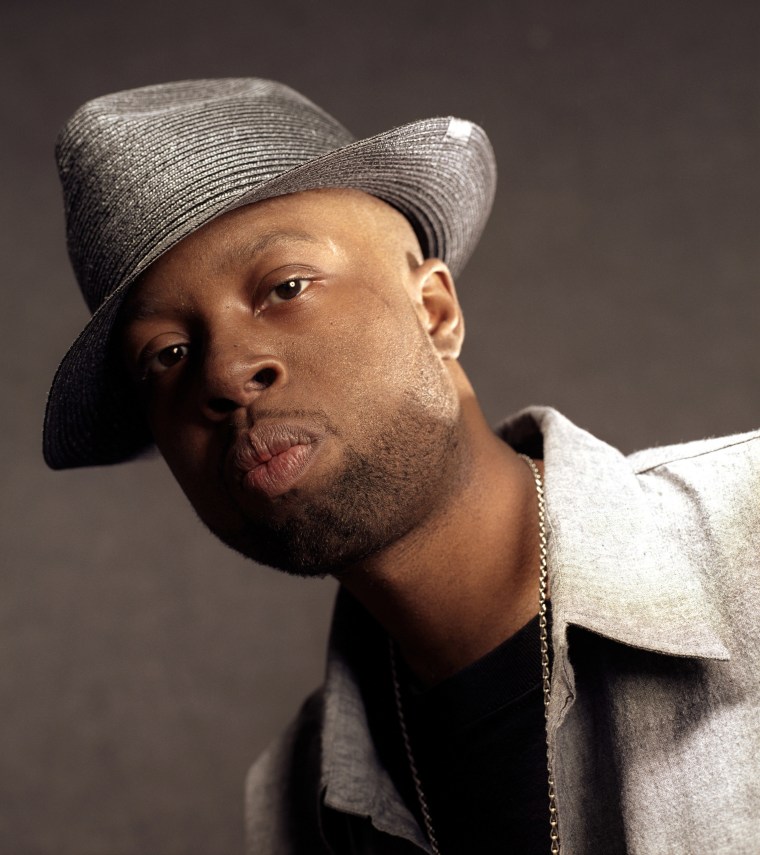Shelby Starner

When Shelby Starner emerged as a precocious 15-year-old singer-songwriter in 1999, music writers pegged her as a musical heir to Alanis Morissette and Jewel. Spin magazine ran a tongue-in-cheek article called “Dueling Divas” that compared her to then-new teen queen Britney Spears. Unfortunately, the talented Pennsylvania native didn’t scale the heights of any of those artists, despite the fact that her debut CD “From in the Shadows” was well received and her heartbreaking ballad “You” made it onto the “Dawson’s Creek” soundtrack. Starner’s career was brought down by an eating disorder that killed her at 19. In retrospect, the haunting melancholia of her album is more telling of her distraught mental state than anyone could have thought at the time, begging comparison to tragic figures like Nick Drake and Phil Ochs. Starner’s mother, Kathy Benn, is now an activist who lectures on eating disorders. “From in the Shadows,” which is now out-of-print, is an absolutely compelling listen. Starner’s video for her almost-hit “Don’t Let Them” pops up on the Web occasionally. Her music deserves a much wider audience.
Ronnie Self

Listen to rockabilly wildman Ronnie Self a half century later and you’ll find he still lives up to his nickname of “Mr. Frantic.” Self tears through cult classics like “Bop-A-Lena” and “Ain’t I’m a Dog” like he had electric jolts running through his body. But there was another side to Ronnie Self — that of a thoughtful singer-songwriter who penned both the gorgeous “I’m Sorry” and the sexy “Sweet Nothin’s” for Brenda Lee while he was still a teenager. A country gospel song of his, “Ain’t That Beautiful Singing” earned a Grammy Award in 1969. But Self’s own career never took off, largely because of a dependence on alcohol. Although there’s information on him at the Rockabilly Hall of Fame Web site, the only comprehensive first-hand look at his life was in the fourth edition of the now-legendary Kicks magazine, which is out of print. However, the writer of that article, Billy Miller, was among the first to reissue Self’s music through his Norton Records label. Self died at age 43 in 1981, allegedly from alcohol abuse.
April Lawton

As lead guitarist for the early 1970s supergroup Ramatam, April Lawton stole the show with her Jimi Hendrix-like guitar pyrotechnics. According to legend, Lawton learned to play by studying under Hendrix himself. She was rewarded by getting to play in a supergroup that included former Hendrix drummer Mitch Mitchell and former Blues Image guitarist Mike Pinera. That’s the good part. The bad part was that back in Lawton’s era, there were almost no women lead guitarists, and Lawton’s fret board prowess didn’t earn her much public acclaim. After Ramatam’s two albums (both of which were recently reissued), Lawton stepped out of the music business spotlight, occasionally working with artists who appreciated her talent like Rishard Lampese, who now runs her Web site. Lawton died of heart failure in 2006, just before the emergence of indie guitar virtuoso Marnie Stern, whose outré playing style seems descended from Lawton’s.
Peter Ivers

You want eccentric? How about a guy who performed in a diaper when he opened for Fleetwood Mac, yet was also a Harvard graduate and a harmonica virtuoso. Welcome to the world of Peter Ivers, one of the most formidable unknown talents in the world of pop. Ivers’ quirky brand of pop was as unconventional as his persona, so he had little success during his late 1970s heyday. His biggest musical triumph came when he scored the David Lynch film “Eraserhead.” So Ivers turned to television, making his mark as the host of the USA Network’s music show “New Wave Theatre.” On March 3, 1983, he was found bludgeoned to death in his Los Angeles apartment. His murder remains unsolved, but a recent book by Josh Frank and Charlie Buckholtz, “In Heaven Everything is Fine,” offers a lot of clues to what may have happened. It also prompted the Los Angeles Police Department to re-open the case. Almost everything Ivers recorded is out of print, but an excellent vinyl overview of his work, “Nirvana Peter,” sometimes turns up on eBay. Here’s hoping that someday his heartfelt songs like “Even Stephen Foster” and “Love is a Jungle” will be available to the public again.
J Dilla

Lupus is a disease that primarily affects women, so it was something of a shock to learn that it may have killed hip hop producer and performer James Dewitt Yancey, better known as J Dilla, back in 2006. The Detroit native is best known for his production work as part of a production team called the Ummah, which featured members of A Tribe Called Quest. During some of hip hop’s best years, Dilla either produced or remixed works by A Tribe Called Quest, Common, Busta Rhymes and Janet Jackson. From all accounts, though, he really wanted a career as a solo artist, and around 2000 his wish started to come true. His group, Slum Village, got a major label deal. A few years later, Dilla (who also recorded as Jay Dee) got signed to a major label himself. For whatever reason, MCA Records didn’t take to his tough rhymes and boundary-pushing sounds, and they held up the release of any records. So Dilla released his experimental opus “Ruff Draft” himself. Dilla never saw much mainstream acclaim in his lifetime, but a 2007 reissue of “Ruff Draft” was a hot item and helped expand his cult following. A new collection of his remixes comes out June 23.